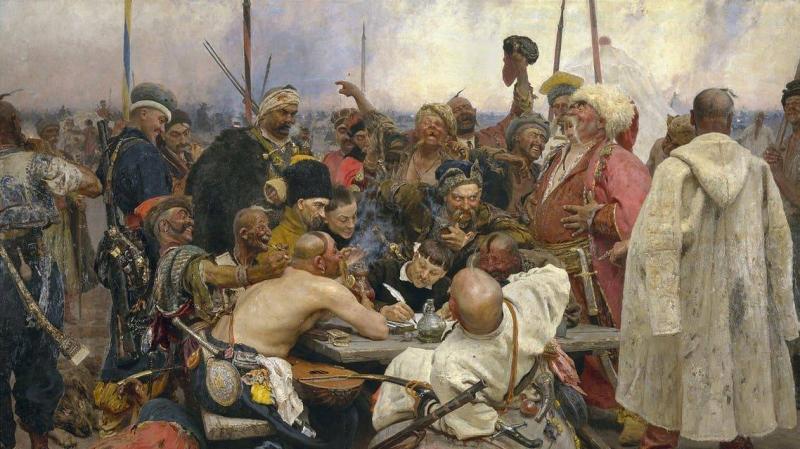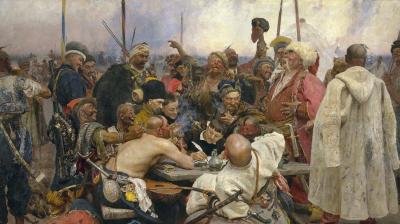At the beginning of the 18th century, Eastern and Central Europe plunged into the horrors of the Great Northern War, which placed the Russian Empire, following the reforms of Tsar Peter the Great, face-to-face with the Swedish Empire. Amid this lengthy conflict, which ended in 1721 with a Russian victory, Tsar Peter the Great managed to control significant areas of the Baltic Sea, establishing the Russian Empire as a new and effective military power on the European stage. Meanwhile, the Ukrainian regions also experienced battles and massacres during this war. After the siege of Baturyn in 1708, Peter the Great’s troops moved in early November of that year to burn the city and exterminate its inhabitants.
During the Great Northern War, Ukrainian Ivan Mazepa, who served as the Hetman of the Zaporizhian Host, sought an alliance with the Swedes. After noticing the advance of Swedish King Charles XII and his military victories against the Russians, Mazepa believed he could gain privileges that would help him consolidate his grip on Ukrainian lands in the event of a Swedish victory and Russian defeat. In 1707, King Charles XII directed an army of about 40,000 toward Moscow to destroy it. Hoping to exhaust his enemies, Tsar Peter the Great ordered a scorched earth policy, instructing his troops to burn everything during their retreat to starve the Swedes. Faced with this situation, King Charles XII preferred to retreat south toward Ukraine as the harsh Russian winter began, moving towards the city of Baturyn, which provided food and shelter for his weary forces. Upon hearing that his enemies had sought refuge there, Tsar Peter the Great ordered his army to move towards Baturyn to erase it from the map.
With the departure of the Swedes, Russian Prince Alexander Danilovich Menshikov arrived with 20,000 of his troops near the well-fortified city of Baturyn, which housed over 100 cannons within its walls. After diplomatic efforts failed, Menshikov attempted to attack Baturyn, which managed to repel Russian forces, forcing them to camp outside its walls. Just days before Ivan Mazepa's return, one soldier stationed in Baturyn betrayed his comrades by providing the Russians with information about a secret underground passage leading into the city. Upon entering Baturyn, the Russians began attacking the inhabitants—both soldiers and civilians—resulting in the deaths of more than 10,000 people, including many women and children. Furthermore, some sought refuge in places of worship and churches. Noticing the crowding of people in these locations, the Russians set them on fire, causing the death of those inside.
As news of the destruction of Baturyn and the massacre of its inhabitants spread, international reactions to the incident emerged. In both France and Austria, political officials condemned the event, deeming it a brutal and barbaric atrocity that tarnished the region's history.




